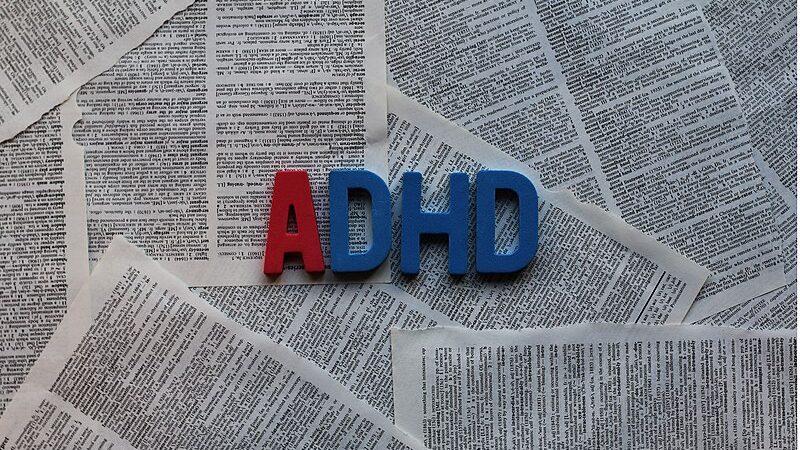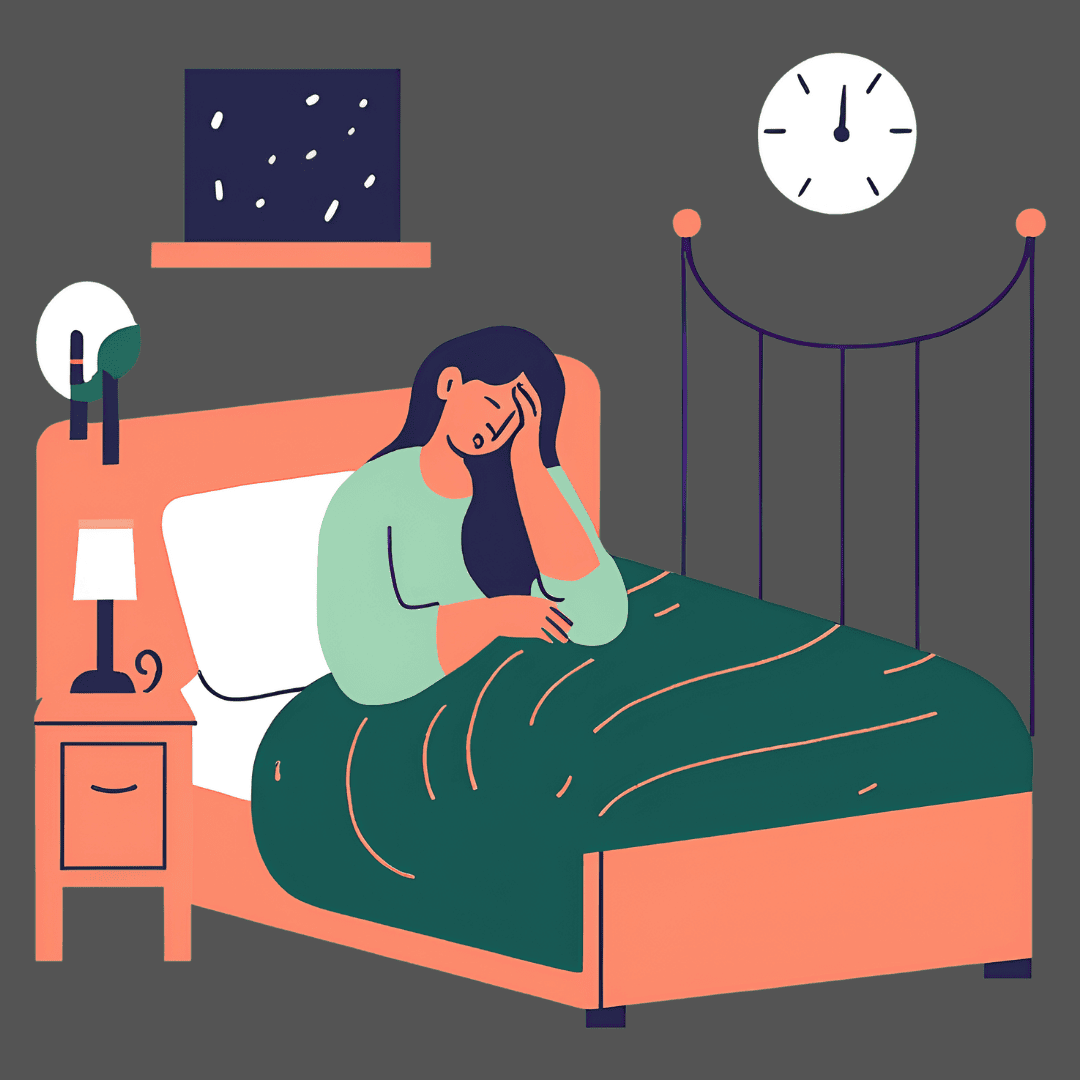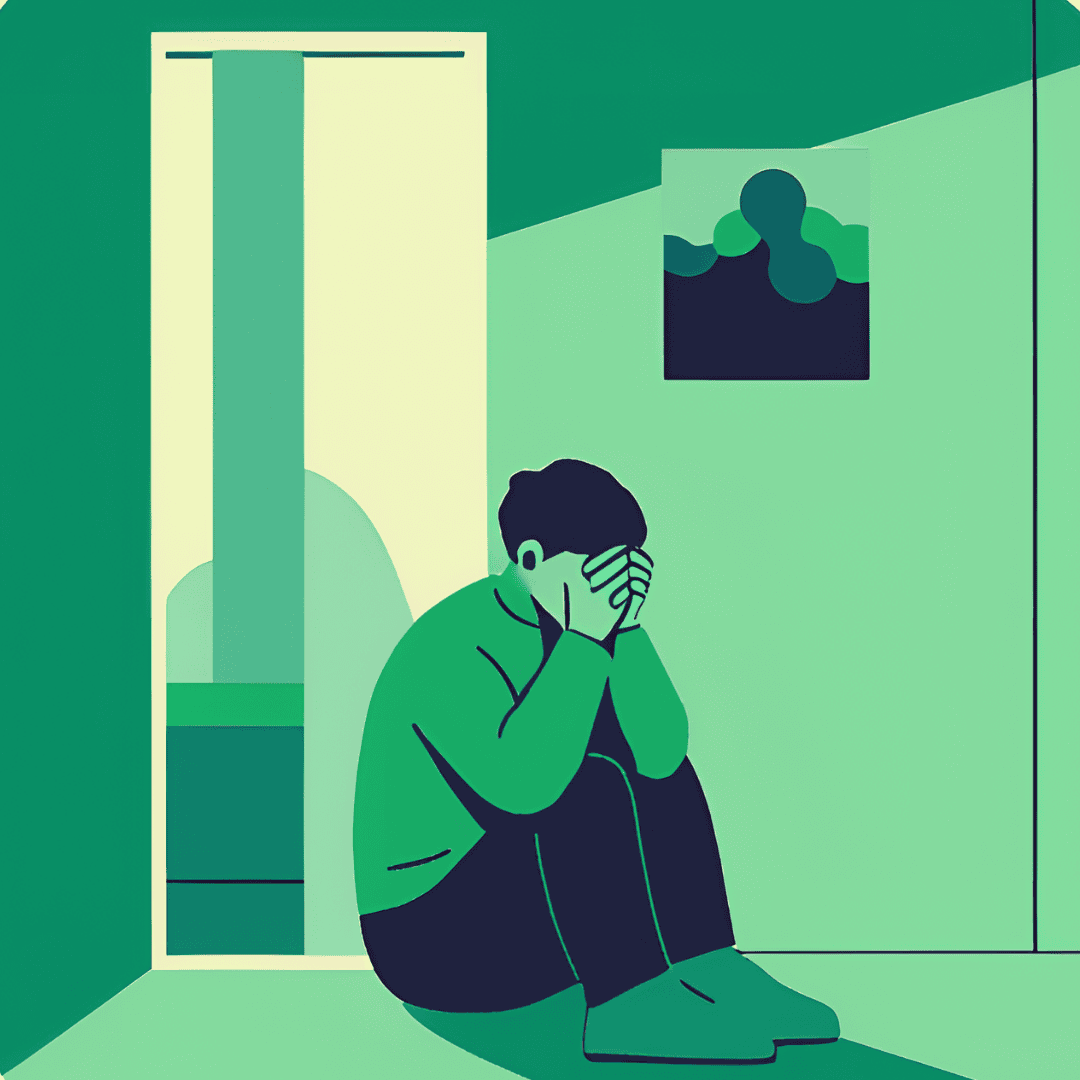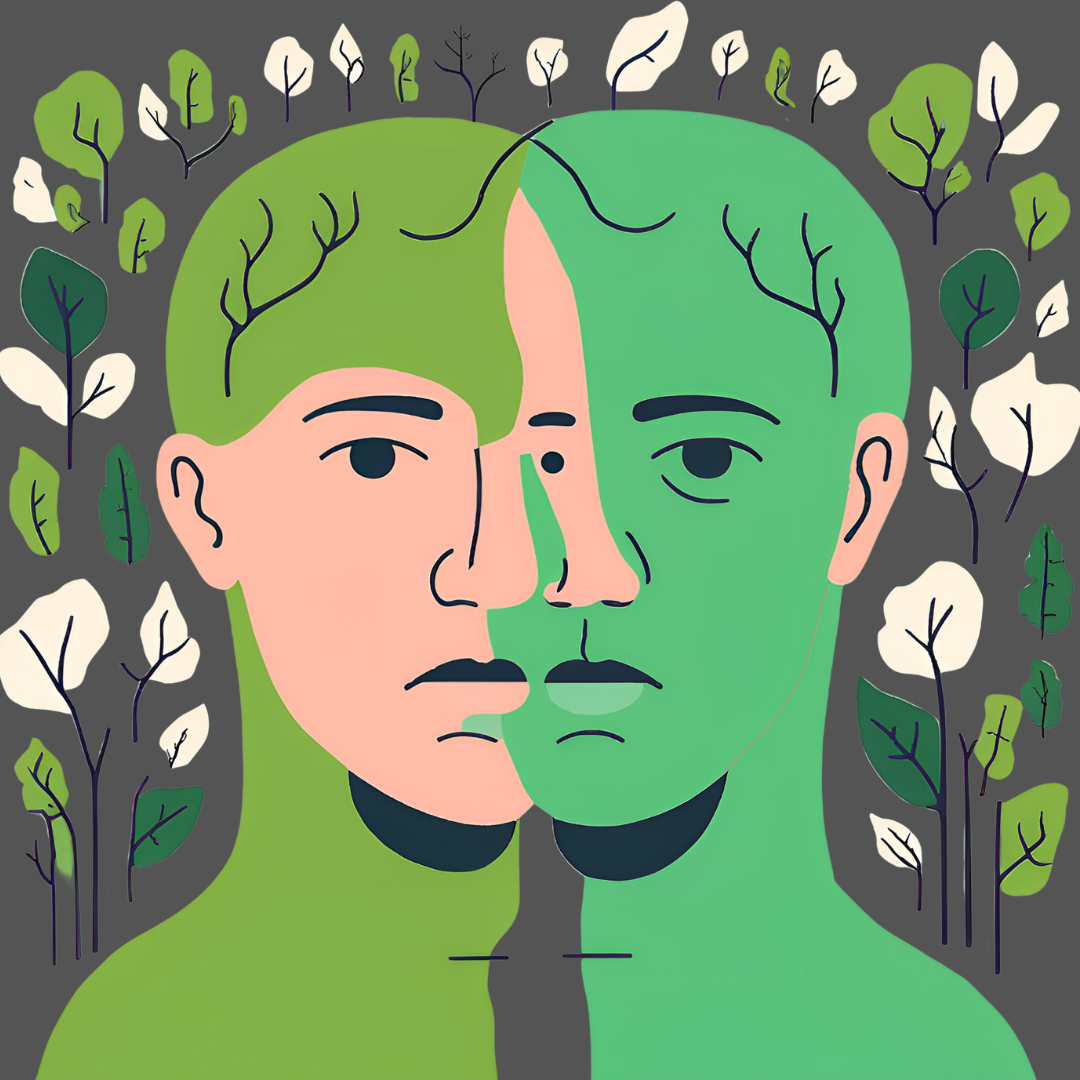
What You Need To Know About ADHD – Top Questions Answered
Attention Deficit Hyperactivity Disorder (ADHD) is one of the mental health disorders that seem to be ubiquitous and one of the most self-diagnosed conditions out there. How many of us have gotten distracted while doing something else and then jokingly say “oh, I have ADHD!” Through this blog post we want to clarify what exactly it means to have ADHD and all the most frequently asked questions about this disorder:
What exactly is Attention Deficit Hyperactivity Disorder?
ADHD stands for Attention Deficit Hyperactivity Disorder. In the past, it was understood and treated as a behavioral disorder because psychiatrists would observe the fact that children diagnosed with ADHD would exhibit certain behavioral patterns such as not being able to sit still, having long bursts of energy, and not being able to focus.
However, many people have ADHD without exhibiting such behavioral patterns of hyperactivity (which comprises the “H” in the ADHD). Recent findings from neuroscience and brain imaging has led to a shift in how we understand and treat this disorder. We now realize that behavioral issues are only part of the picture but the root cause of this condition is an impairment of the brain’s self-management system where we now treat it as a neurological disorder rather than just a behavioral disorder.
There is now a huge focus on understanding the brain of patients with ADHD and how it functions.
What happens in the brain of a person diagnosed with ADHD?
When children are born, their brain sizes are almost the same size as adult brains; the actual functioning of the brand develops as we grow older. However, for those with ADHD, parts of the brain develop more slowly and never reach the full maturity of a person who does not have ADHD.
Recent studies show that dopamine, a neurotransmitter responsible for allowing you to feel pleasure, satisfaction, and motivation, also known as the “happiness hormone”, does not function the way it should in patients diagnosed with ADHD. Dopamine is our brain’s way of reinforcing certain behaviors that are good for us, motivating us and rewarding us so that we can continue performing these behaviors in the future.
For example, when we exercise, a flood of dopamine will hit our brains and increase our “craving” of re-engaging in the activity in the future. We seek to achieve things and do good things for ourselves (from eating healthy foods to striving for our goals) because of dopamine. However, with people who have ADHD, evidence suggests that their brains are not releasing dopamine the way it should.
Children who have ADHD may have trouble being motivated to stay focused in school and achieve their academic goals because their dopamine neurotransmitters are not working the way they should. In general, people with ADHD experience difficulty with frustration, impatience and excitability. Brain imaging shows that delayed rewards do not register for people with ADHD – they are motivated instead by instant gratification that strong emotions deliver.
What is the criteria for being diagnosed with ADHD?
Doctors will typically diagnose children and adolescents with Attention Deficit Hyperactivity Disorder if they meet the following criteria:
– Exhibit 6 or more symptoms of inattentiveness (see below for a list of symptoms).
– Exhibit 6 or more symptoms of hyperactivity and impulsiveness (see below for a list of symptoms).
– Must be exhibiting these symptoms for at least 6 months and in 2 different settings such as the home, school, work, church, and more.
Symptoms of inattentiveness:
– Having short attention span
– Easily distracted
– Forgetfulness, losing things
– Making careless mistakes
– Appearing unable to listen and carry out instructions
– Having difficulty in managing projects, organizing tasks
– Constantly changing activities or tasks without completion
– Unable to stick to tasks that are tedious and time-consuming or require concentration
Symptoms of hyperactivity and impulsiveness:
– Constant fidgeting and squirming
– Non-stop, excessive talking
– Excessive physical movement
– Have trouble waiting patiently for their turn
– Acting without thinking it through
– Interrupting conversations or the person speaking
– Trouble discerning danger
What are the different types of ADHD?
Our understanding of Attention Deficit Hyperactive Disorder includes three different types that one may have and different, accompanying symptoms:
ADHD – predominantly impulsive / hyperactive type: This is the least common type of ADHD and their symptoms will be noticed early on because typically the symptoms are behavioral. They cannot sit still, will have trouble waiting patiently for their turn, and act impulsively.
ADHD – predominantly inattentive type: Those diagnosed with this type of ADHD will be inattentive in various settings such as school or in conversation with friends, will appear forgetful, and unable to stick to chores that are time-consuming or tedious. They may not be acting out like the impulsive / hyperactive type but may be daydreaming while the teacher is speaking.
ADHD – combined presentation: This is a common type where symptoms of both inattention and hyperactivity/impulsivity are present. Those with ADHD-combined type can seem forgetful, easily distracted, and inattentive while also hyperactive, show signs of impulsivity (making rash decisions and acting impatient), with strong emotions and reactions. As we mentioned before, ADHD is not just a behavioral disorder but is a neurological disorder that reflects how the brain is wired and functioning.
Does ADHD run in families?
Research shows that ADHD can run in families. Studies have shown certain genetic characteristics that occur with high frequency in families where one or more family members has ADHD. At least 1/3 of all fathers and mothers who have had ADHD in their youth have children with ADHD.
Does ADHD go away?
Because this is a neurological disorder and not a behavioral disorder, ADHD will not simply disappear as the child grows up. Instead, it manifests itself in a different way.
Adults may control and soften their hyperactivity and impulsiveness symptoms, especially as they will need to conform to those around them. However, just because they are no longer hyperactive or their impulsivity is not as evident, it does not mean that their brain is simply cured of the disorder. Instead, adults with ADHD (especially those with combined ADHD or hyperactive type) may turn to other sources for their instant gratification. Or if they have ADHD inattentive type, their inability to focus and complete important projects may continue long into their adulthood.
How do we treat this disorder?
It will depend on the age and specific individual but the typical approach is a combination of therapy, medication, and training for parents. For young children, behavioral therapy and training for parents are typically tried before any medication is prescribed.
For adults and older children, when therapy alone does not work, medications such as amphetamine salts (most commonly Adderall) or methylphenidate (most commonly Ritalin) are prescribed. When medication is prescribed, the goal is to enhance the amount of dopamine in the brain and help reduce impulsivity while improving a person’s concentration and attention span.
Have more questions? Feel free to reach out to us!
Enjoyed our blogpost? Subscribe to our newsletter for more resources on mental health and integrating the Gospel message in your healing journey.
If you found our resources useful, please consider donating to Oak Health Foundation, which is a 501(3)c nonprofit dedicated to providing resources regarding holistic mental healthcare and subsidized treatment for those in need.




